Recently, I’ve been seeing videos of young women on TikTok repeating the billionth version of the same trend. A young, attractive woman stands in front of the internet and asks them to tell her what type of pretty she is. Is she popular or model pretty? Standard or natural pretty? The sound attached is even sadder: a woman asks a man to tell her what he likes about her besides her beauty, and he replies saying that he doesn’t know what else there could be.
Lately, I have noticed a lot of TikTok trends that emphasize the importance of beauty. It isn’t just the one I described above. There are countless people on TikTok walking us through their anti-aging beauty routines, claiming that these moisturizers or serums will preserve their youth. “I want to look 25 when I am 50,” they say as they put on their tenth product. Others show before and after pictures of female celebrities with the caption “you aren’t ugly, you’re just poor.”
Disregarding the fact that beauty is relative and what we think of as beautiful is mostly societal, I believe there is an interesting underlying message within these videos. As an online collective, we seem to have moved away from the idea of pretty versus ugly. While you can certainly still find evidence of a beauty hierarchy, nobody ever wants to say it out loud unless it is a condemnation of society.
Instead, we have moved towards a more discreet bias toward the beautiful. The question of “What type of pretty am I?” introduces a different perspective: we are all beautiful in our own way.
In some capacity, this change is a beautiful thing. So many people grew up with beauty being synonymous with A-list actresses and supermodels, only to have their self-esteem plummet after realizing that they themselves would never look the same. That is a hard reality to face at such a young age. But this new movement assures us that we are all pretty in our own way, and we do not have to look like Kate Moss for that to be true. We have changed our mindsets and declared that everyone is beautiful. Or rather, everyone has beauty.
While this is a lovely message, TikTok seems to have morphed it into something different. Instead of us all being beautiful, point blank, the internet is trying to convince us that we all have beauty that just needs to be coaxed out. This is why we have to spend hundreds of dollars on skincare products. This is why we need to find our colors, our body type, and our aesthetic. This is why you should not compare yourself to the rich: you do not have the same funds that they use to “uncover” their beauty. It is not that we are all beautiful, it is that we all have the capability to be beautiful with the right resources.
This, in itself, is a ginormous problem. While the mindset that “everyone is beautiful” is not inherently harmful because it boosts one’s self-esteem and confidence, the idea that we all “could be beautiful” does something completely different. It convinces us that money is the answer; if you have enough wealth, you will be beautiful. Beauty, it seems, is currency. And we buy it and trade it and use it as a means to an end. And that is far less romantic than saying everyone is beautiful.
But looking further, there is an even bigger misunderstanding at the root of this issue. Even disregarding the concept of beauty being advertised as an aspiration, the problem with “we are all beautiful” is this: our “beauty within” is not physical beauty but the worth that we find within ourselves.
I will clarify. The internet is overflowing with messages that scream “Yes, you are beautiful!” or “You can become beautiful!” with no one asking what happens if you are not beautiful. It is a hard question to ask because nobody wants to say that they, or anybody, are not pretty, and this is for an obvious reason: it is unkind. But, the question has to be asked. And not because this “unpretty person” is you, or me, or any one person out there. Rather, we have to ask because we need to know that we have worth even if we are not beautiful. I am not claiming that this is a new message, but it is one that should be heard.
I recently did an exercise where I named the things I liked the most about myself, and I realized that beauty did not even make the top ten. Instead, I listed my ambition, my humor, my creativity, and my passion. My excellent tea-making skills, my lucky parking karma, and my dedication to making my bed every morning. All of these things that I love so much about myself make beauty seem so small and insignificant. And truly, what is beauty compared to all of that?
Photo Courtesy of Nicholas Kusuma from Unsplash



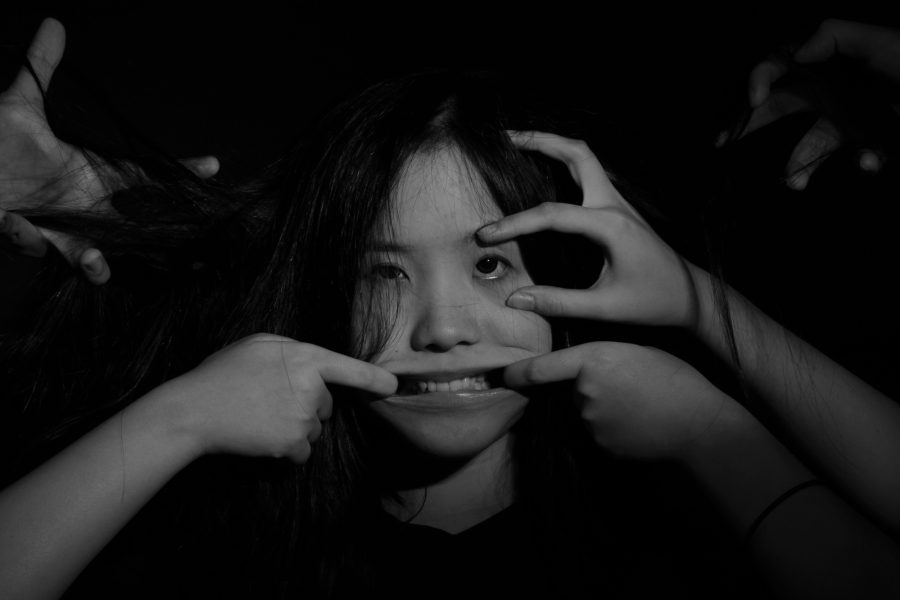

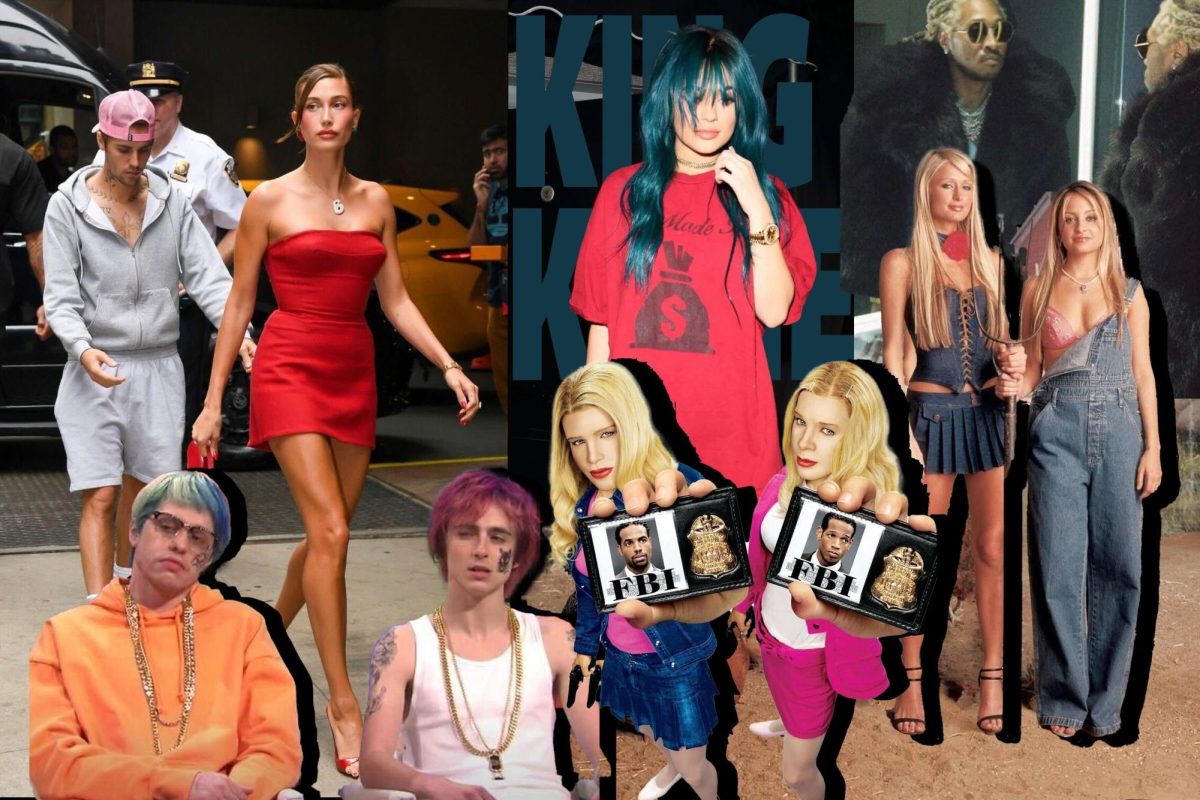
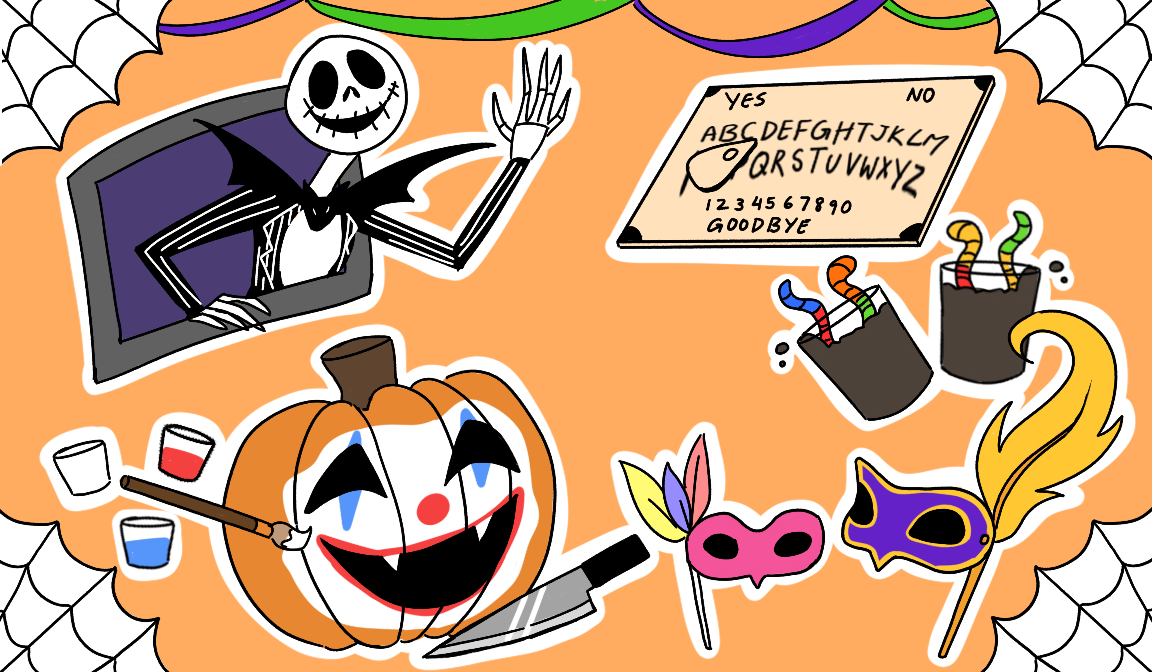
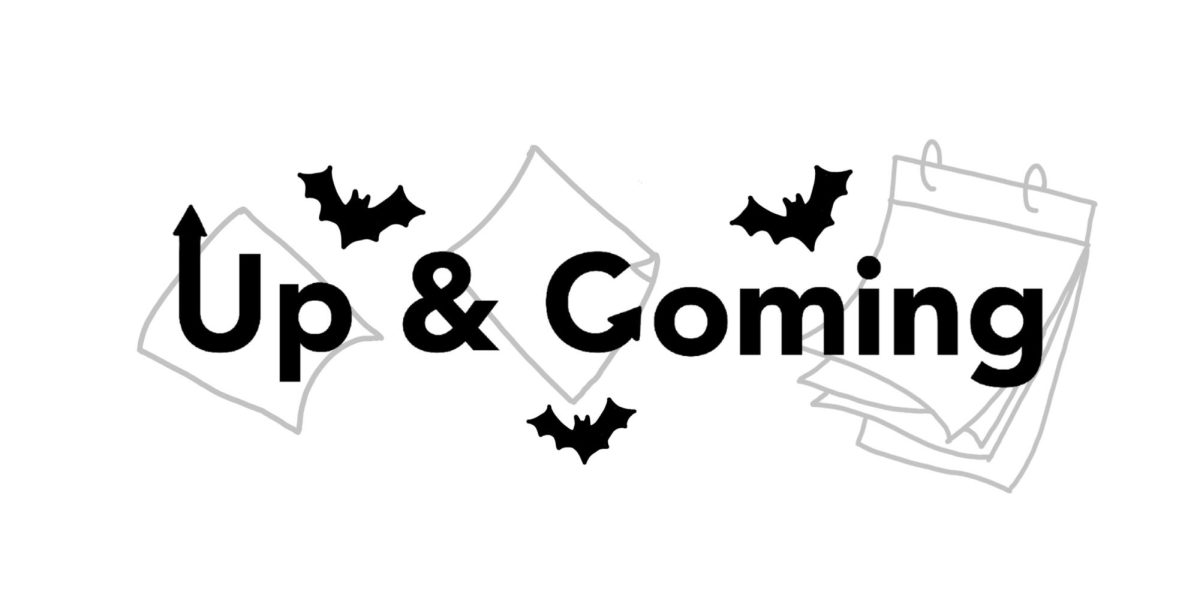
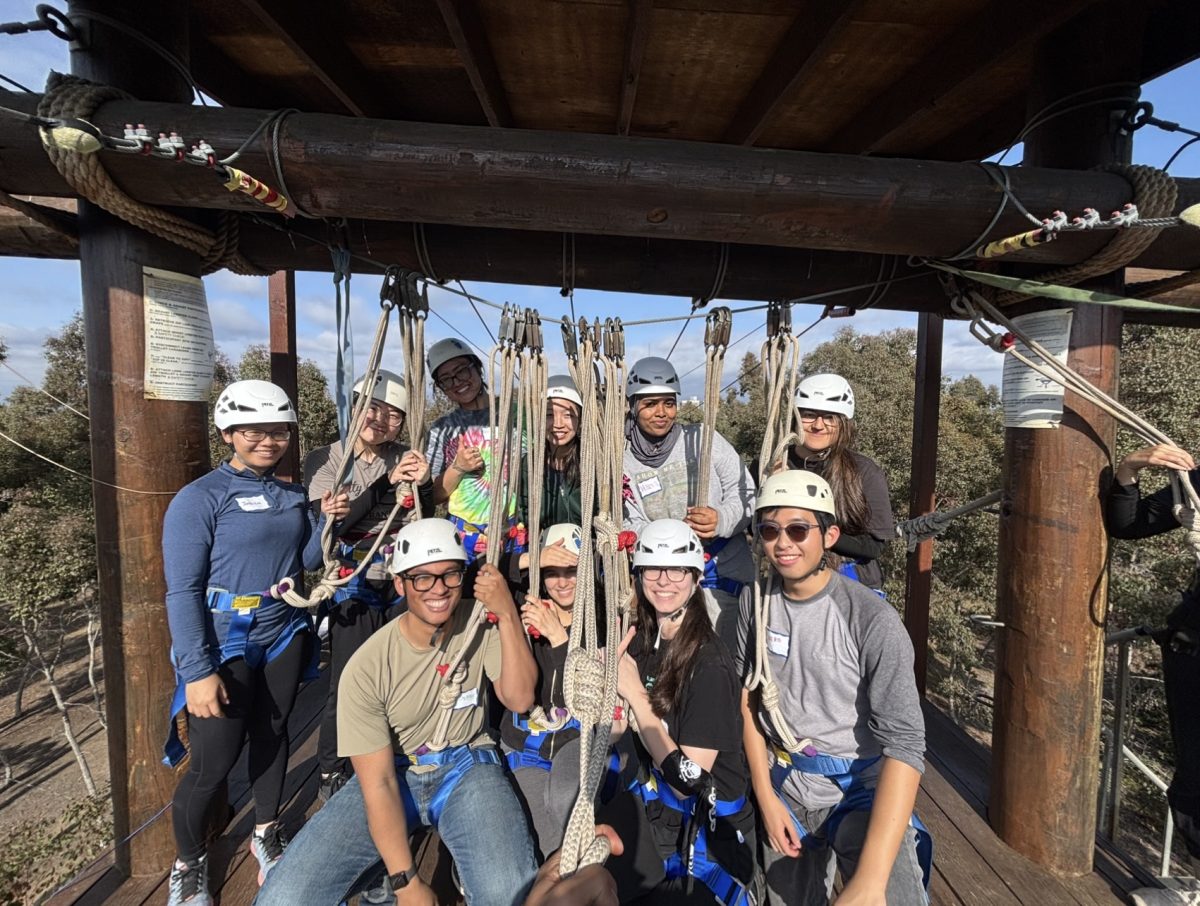
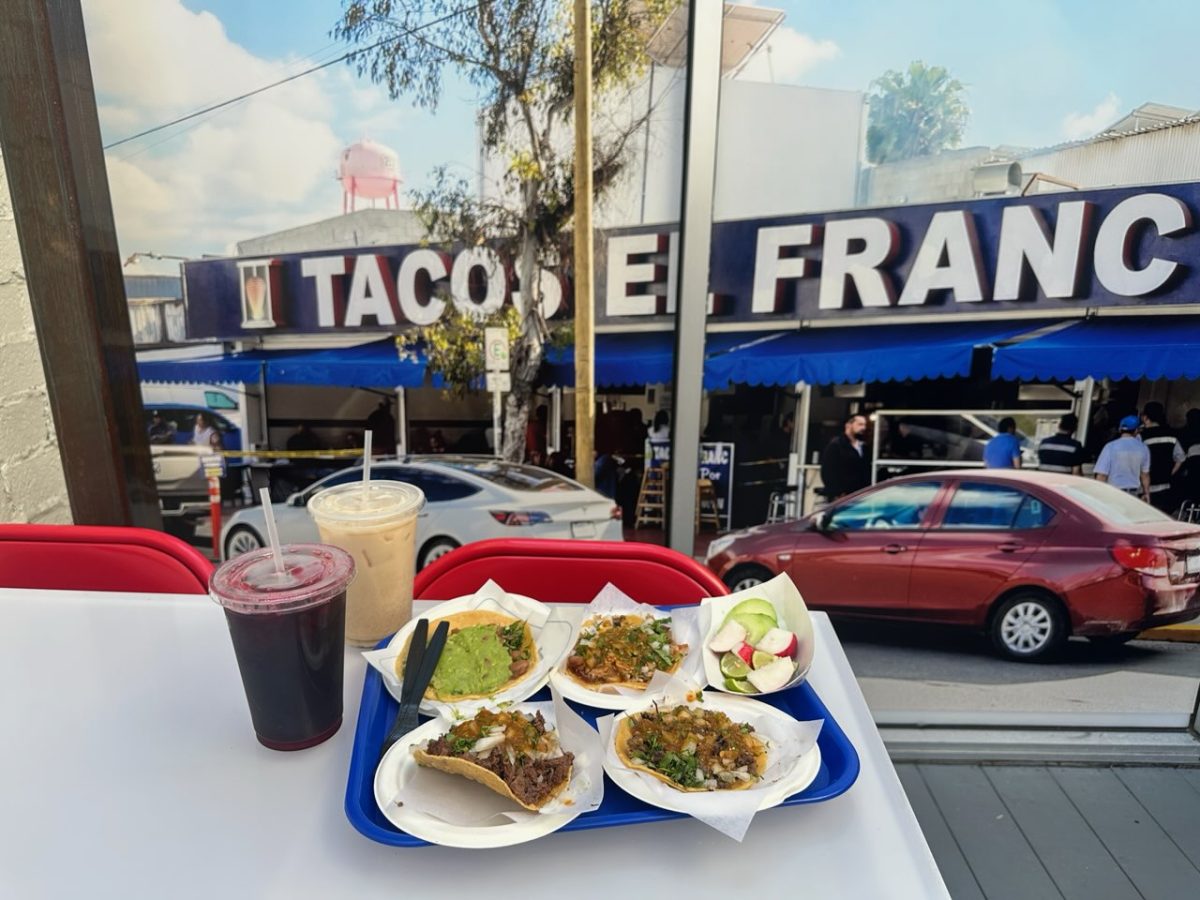
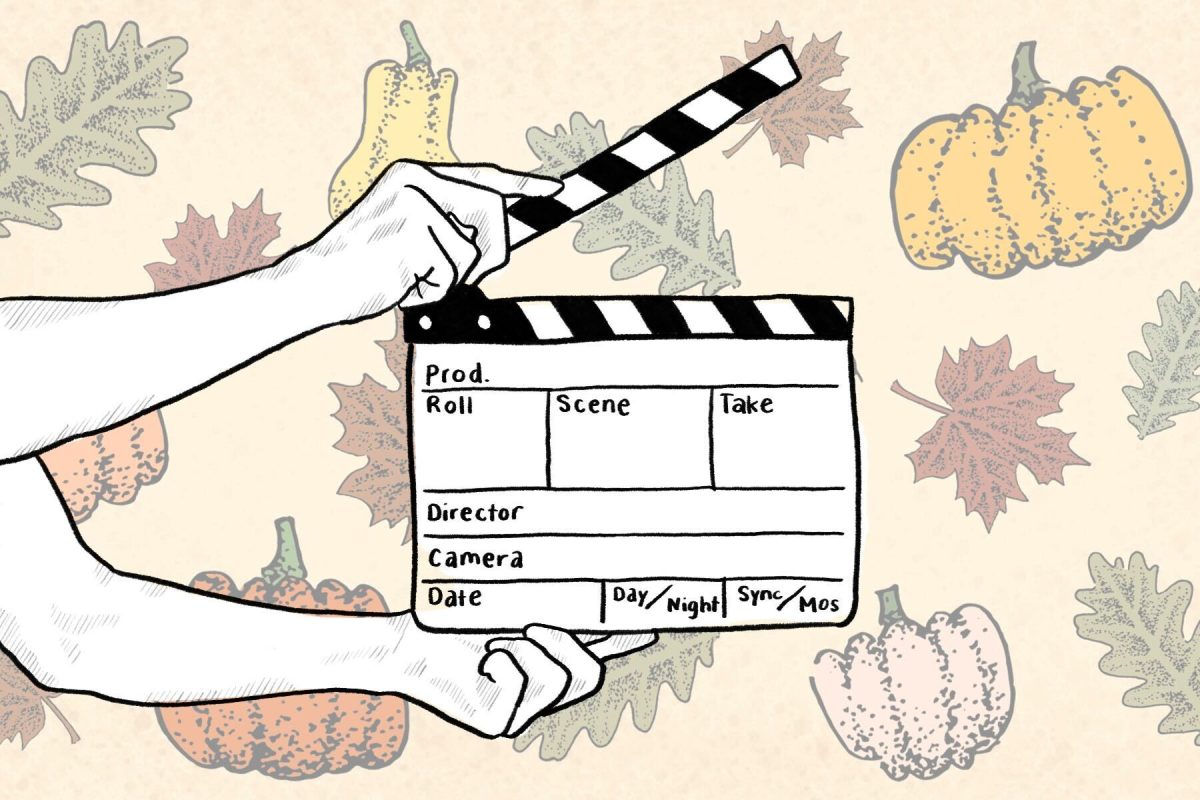
Maria • Feb 3, 2023 at 2:03 am
Interesting article!
(https://google.com/)
eva • Jan 23, 2023 at 12:45 pm
I earn more than $27,000 USD every month working part-time. I listened to several folks describe how much money they nd-02 would fairly expect to make online, so it’s still tough to say. It all became genuine, and it dramatically changed my life. Everyone should now kb-52 try their hand at this field of business. By accessing
.
.
This website———————— >>> GOOGLE HOME JOBS